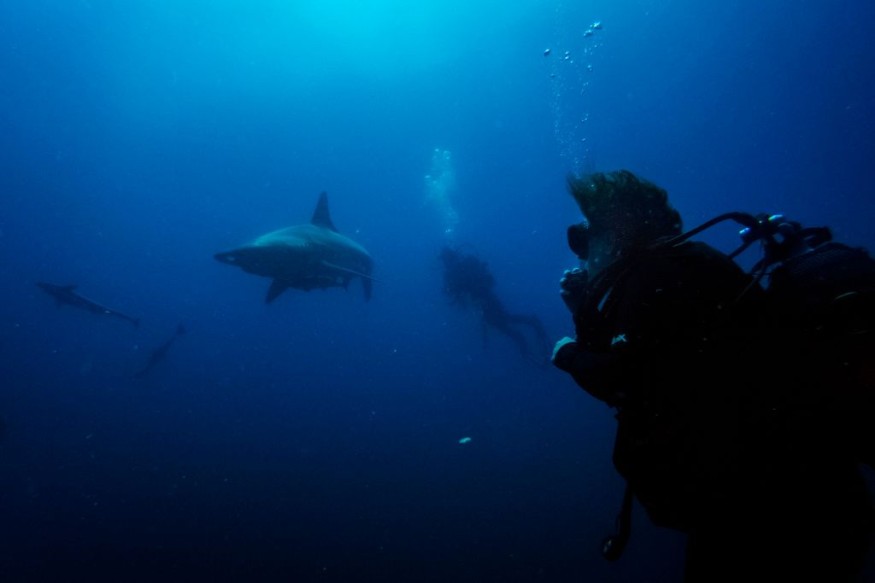Ocean predators have been found to become hungrier as the world's oceans heats up amid climate change and global warming, according to a new field study.
The findings adds to the existing research that found that fish predators are being deprived of their natural diet as ocean warming kills the available prey, or forces them to migrate into polar waters.
The new study cited other research data that marine predators are mostly active in the tropics since "higher temperatures" increase their metabolism.
However, the environment also pressures to use more energy and require more food.
For decades, growing evidence suggested that the world's last remaining glaciers continue to melt due to the ongoing climate crisis, aggravated by human industrial activities.
Nevertheless, the global focus that the crisis affects ocean predators in such magnitude is only coming into fruition over recent years.
Further data is reportedly needed in terms of understanding the significant temperature range that could alter the predatory behavior of fish.
The study placed emphasis not only predator-prey relation but also the disruption of the global food chain.
Increasing Marine Predation

In the new paper published in the journal Science on Thursday, June 9, scientists focused on increasing predator control or marine predation in marine communities with temperature across 115 degrees in latitude of the world's oceans, notably in the tropics.
The study reiterates the long-held hypothesis of ecologists that "species richness" of many animals in the taxonomical order are higher near the equator.
The postulation entailed that there are stronger interactions between species with regard to competition and predation in the tropics.
The study consisted of an international team, spearheaded by the Smithsonian and Temple University.
Ocean Temperatures
Before arriving to their conclusion, the scientific team tested on whether predation on benthic marine communities is higher in lower latitudes, which ranges between the northern and southern hemispheres relative to the Earth's equator.
In the study, the researchers applied a standard experiment at 36 sites along the coastal areas of North American and South America for both the Pacific Ocean and Atlantic Ocean.
In their surprise, the team found there is greater predation concerning consumption rate in benthic area near the equator.
The experiment's results suggested that the location of the changing predatory behavior is not important, but rather the ocean temperatures of where the marine predators are situated.
Under the circumstances, the study concluded that climate change and global warming could have influenced predator control of these communities.
The study's lead author Gail Ashton, a marine biologist at the Smithsonian Environmental Research Center (SERC), stated it took thousands of years for the current ocean conditions to take place.
Ashton added that humans suddenly contributed in the sudden temperature increase at an alarming rate, expressing concern that we do not fully know the environmental and biological implications of this ocean warming.
The study was cited by the American Association for the Advancement of Science.
Furthermore, while the increased marine predation could benefit the animals in top of the food chain, those below it could see an increased population decline.
© 2026 NatureWorldNews.com All rights reserved. Do not reproduce without permission.





